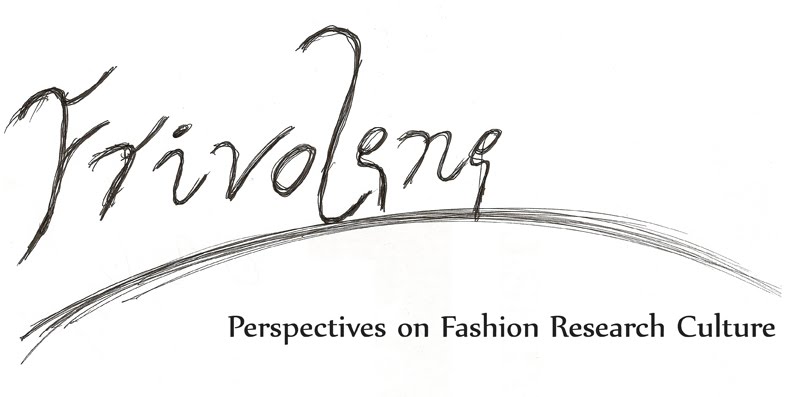
Milanese Suitcases, Milan, 2009

Dirk Bikkembergs street advertisement, Amsterdam, 2010

South Korean versions of well-known Western magazines, 2010

Aussiebum, bus shelter advertisment, South Kensington, 2010
(All photos Nathaniel Dafydd Beard)
This week I have been working on a long over-due up-grading and redevelopment my website (click link right). During which I have been going through my archive of photographs, all of which can be included in the ''Research on the Run'' category. In particular street adverts are a particularly good source of finding out how brands promote themselves. This can be especially interesting when the brand in question is not advertising in its ''home'' market, as with the striking Aussiebum bus shelter ad, photographed on a wintry day in London (right around the corner from the RCA!). The slogan reads: ''A culture is defined by those who wear it'', which perhaps neatly sums up how you don't necessarily need to be Australian to engage with the beach-fashion culture of ''down under''. The lurid, orange suitcases are perfect for identifying your luggage on the carousal after a long, tiring flight, and reflect the globe-trotting life-style we no longer need to aspire too, but can actually realise, with the rise of low-cost airlines and efficient train connections, such as the ''Par-don'' lifestyle the Eurostar now allows. The magazines from South Korea, brought for me by a generous colleague, also reflect this sense of ''gloablisation'', being not genuinely Korean at all, but are rather Korean-ized versions of well-known Western magazines. Dirk Bikkembergs, meanwhile, appears to use the same imagery to assert and re-inforce his ''sport-luxe'' message across all markets he sells to, again reflecting perhaps the ''homogenisation'' of Western fashion culture. What is perhaps most intriguing about this collection of images is the variety of expression of this fashion culture, through advertising, photography, reading material and objects, and also how ''place-bound'' they are, despite the promise of a life ''free'' from the constraints of physical boundaries. Even within the numerous possibilities that mobility can bring, it appears we all still need to feel anchored in some form of ''localised'' culture, something to identify with, and in turn be identified by.

No comments:
Post a Comment